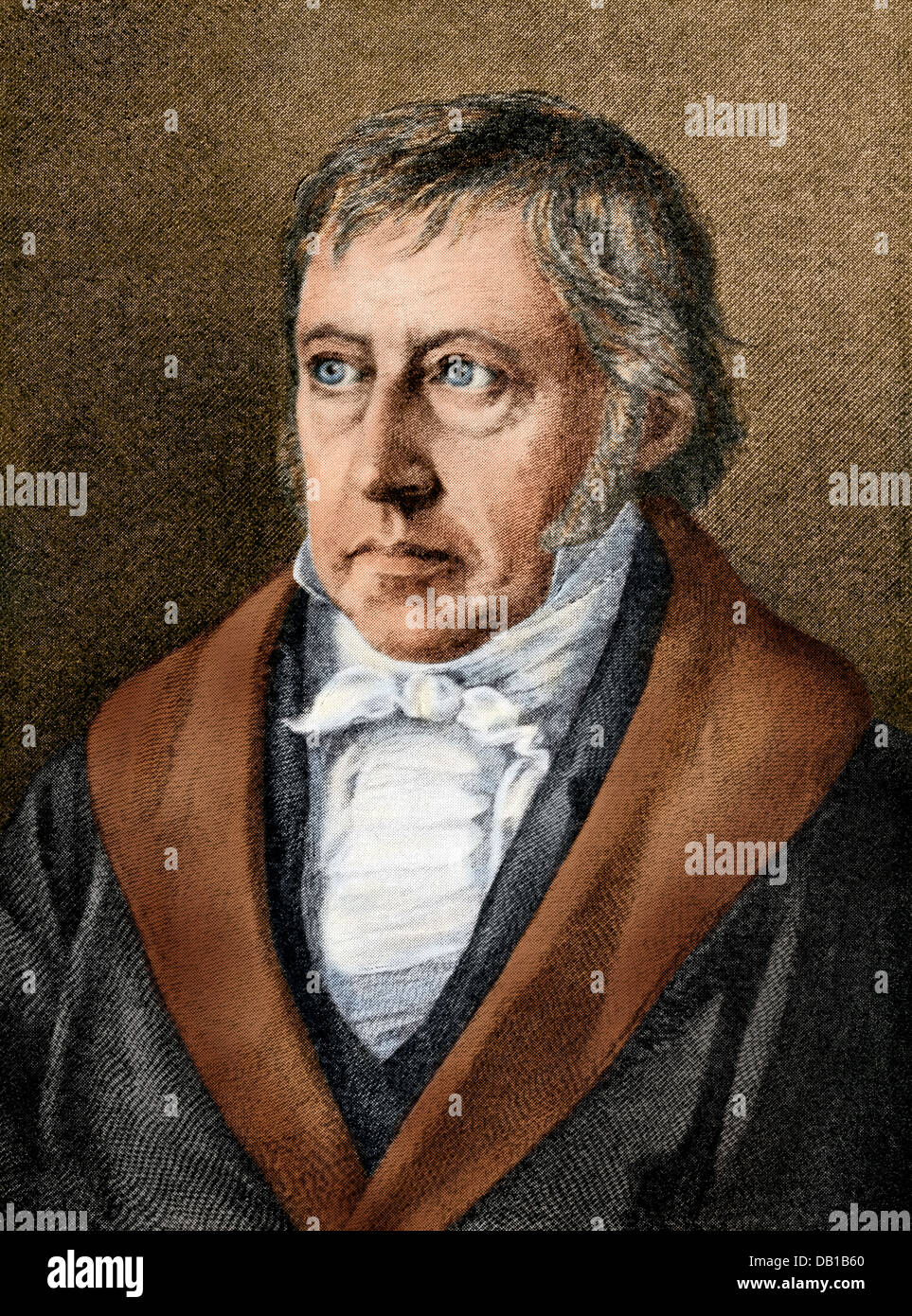For those of us who are curious about philosophy and keep studying it,
we are often part of events that put us to the test. A common scenario
can be described more or less as follows.
Imagine you are at a dinner table, having fun with some friends on a
Saturday night, and the topic of violence in human beings is brought up.
Maybe you are discussing a crime that came up in the news recently, when
one of your buddies makes the following pronouncement:
“Last week I watched ‘March of the Penguins’ and, to my utter
surprise (spoiler ahead!), these animals are very violent! To the point
that, when an infant penguin loses her parents, who are in charge of
nourishing her, other adult penguins will come along and kill her simply
because there’s nobody left to do the journey to get food for her.
Isn’t that unfair? There’s a good amount of violence in the animal
kingdom. I watch documentaries all the time and this is a common theme.
Then… since we humans are animals, we are bound to be violent, as
well.”
You reason with yourself for a while and come to the conclusion that
something must have gone wrong in your friend’s last statement. You
search for clarification in the wealthy mass of philosophical knowledge
that you have patiently acquired throughout the years, to realize that it
may be worth pointing out that your friend’s conclusion may not be the
case depending on how you look at it.
You wait until dessert time to bring up the topic again, you turn around
to your dinner friend and say:
“Kant would disagree with your statement about violence in human
beings!”
Now all eyes are on you and you have no choice but to perform your
philosophical mission to the best of your abilities. You start
explaining that treating humans as animals means for Kant to take away
their humanity, which is their dignity since it is based on rationality.
“We humans are endowed with a gift from nature that gives us the freedom
to act rightly. Penguins may not be able to decide what’s best from an
ethical standpoint, but we have this freedom that is underlying all of
our actions.
We wouldn’t be able to talk about ethics at all if we couldn’t see us
as free beings who are capable of deciding. Think about how Aristotle
classified our actions as voluntary and involuntary. You can only be
held accountable for something that you’ve done because you are
expected to have performed it in a voluntary way. You can pick up the
information that surrounds a given affair, weigh all the facts and make
a decision, which will lead to your action.
For Kant, penguins are not built like that. They belong exclusively to
the world of nature, since they are not rational beings, for which all
of their actions are done involuntarily because they are subject to
predetermined laws. A penguin cannot decide if it’s right or wrong to
kill the baby: they are programmed to do it! There is, for Kant, no …
Read the full article which is published on Daily Philosophy (external link)






